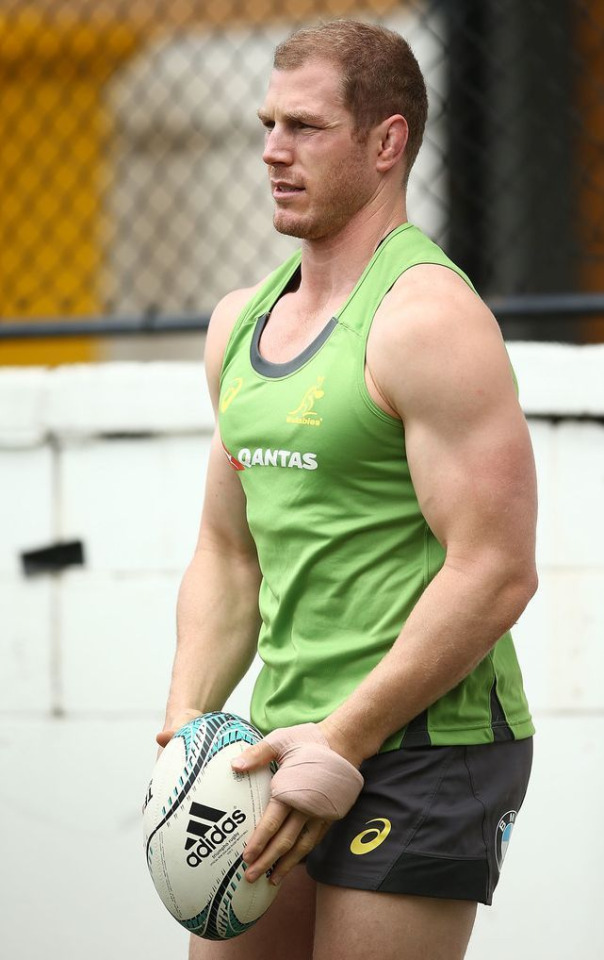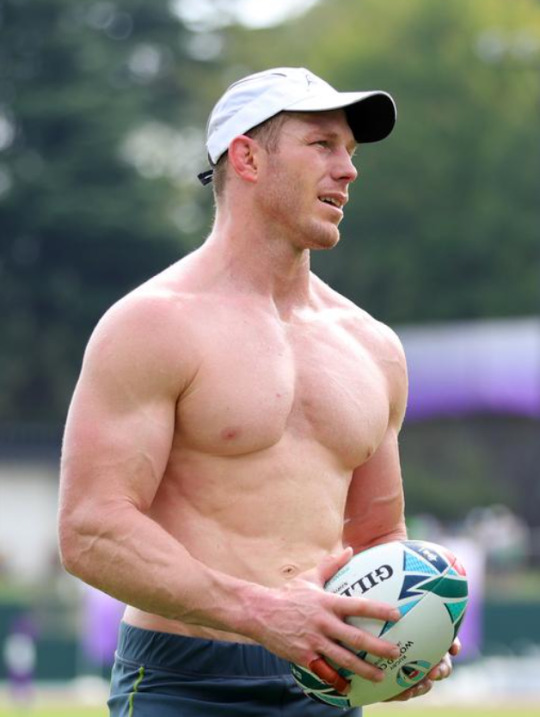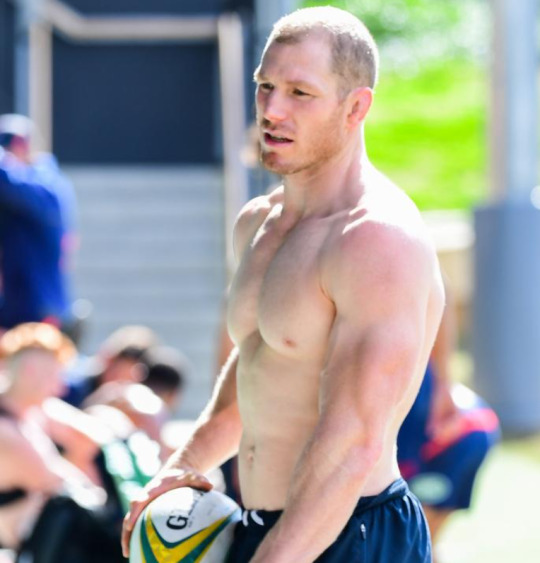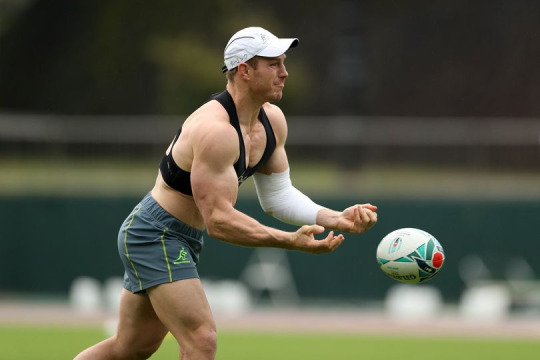#David Pocock
Text

#david pocock#rugby men#sexy hunk#fit hunk#handsome hunk#abs & pecs#muscle stud#smooth torso#big arms#dick bulge#scruff#men in swimwear#beach hunk
169 notes
·
View notes
Photo


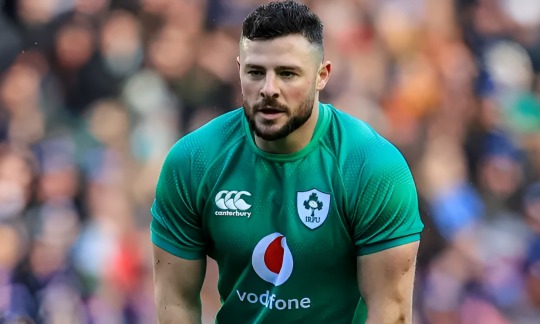
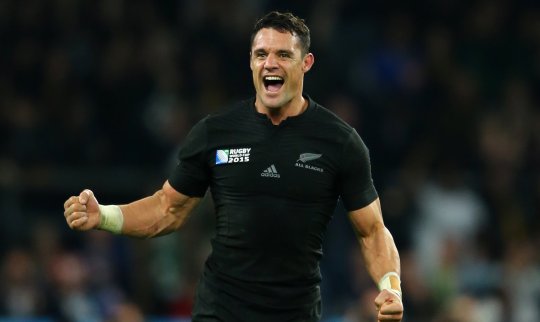

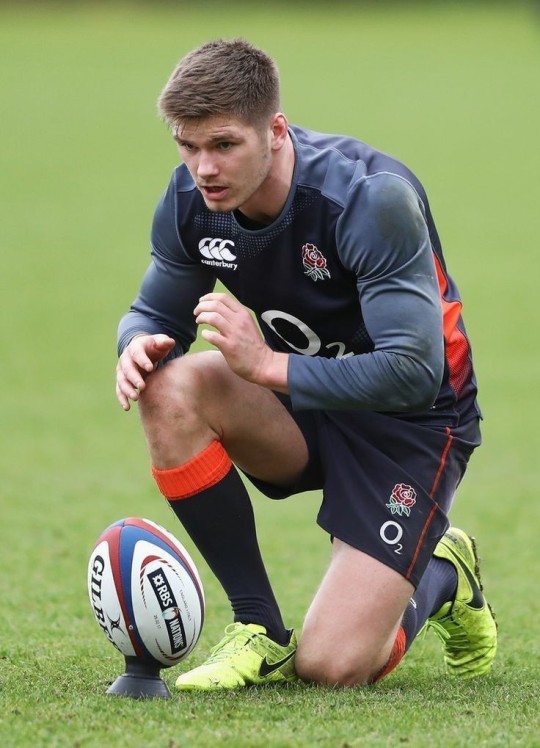
Themed Collection #26: “A Gentleman’s Game”
Sam Burgess, Duhan van der Merwe, Robbie Henshaw, Dan Carter, David Pocock, Owen Farrell
#sam burgess#duhan van der merwe#robbie henshaw#dan carter#david pocock#owen farrell#rugby#themedcollection
100 notes
·
View notes
Photo

David Pocock
173 notes
·
View notes
Text
E.E. Evans-Pritchard, a life in pictures
copy to come

"Evans-Pritchard, 1956. Photograph by Walter Stoneman. Courtesy Royal Anthropological Institute (400_035962)." from A Touch of Genius

"E-P as a young man" from Touch of Genius
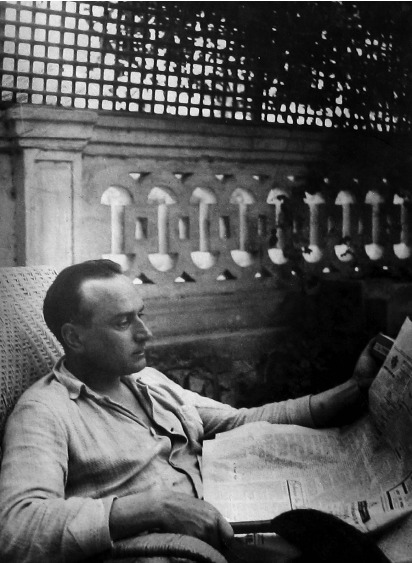
Evans-Pritchard in Cairo, from Touch of Genius

From Touch of Genius -- during WWII
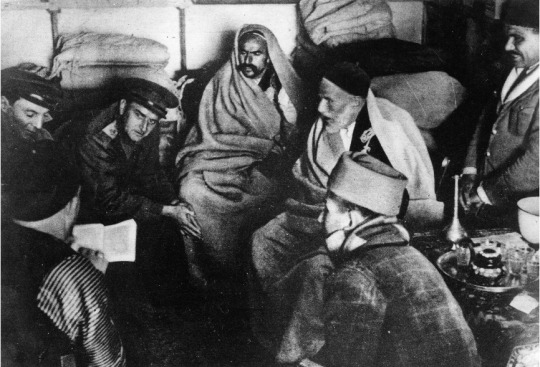
Another shot in uniform from Touch of Genius.
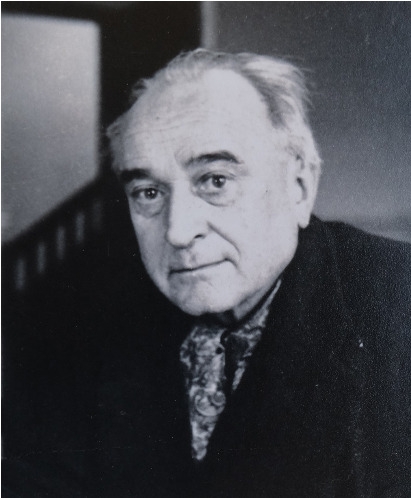
from A Touch of Genius. This is from later in life during his time as professor at Oxford
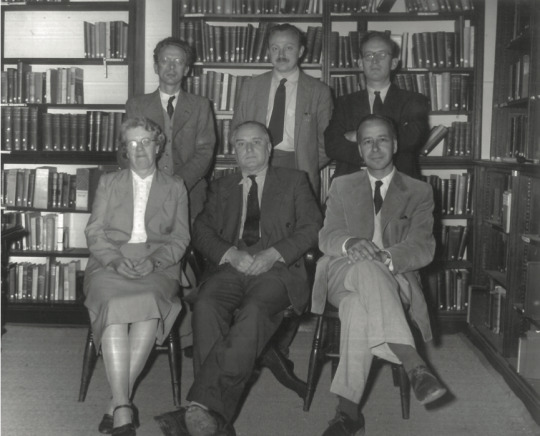
The Institute staff in the library at 11 Keble Road in 1953. Standing, left to right, Godfrey Leinhardt, Paul Bohannan, David Pocock. Seated, left to right, Phyllis Puckle (librarian/secretary), E-P, John Peristiany via Touch of Genius
#E.E. Evans-Pritchard#A Touch of Genius (book)#Anthropology#Uniform Shot#Godfrey Leinhardt#Paul Bohannan#David Pocock#Phyllis Puckle#John Peristiany
5 notes
·
View notes
Quote
I think we should be listening when athletes actually have the courage to speak up, but from personal experience you see just how annoyed the administrators are, and there's a huge power imbalance. The administrators of a lot of these sports are from the big end of town, they are rubbing shoulders with the executives of all of these fossil fuel companies, and I think when it comes to fossil fuels we should be having this conversation. Should fossil fuels be allowed to try and prop up their dying social licence at a time where clearly we have to accelerate the transition away from fossil fuels. The reality is it is less than 5 per cent of sports sponsorship that we're talking about when it comes to fossil fuels and clearly, I think, fossil fuels need sport more than sport needs fossil fuels.
David Pocock, former Wallabies captain and now independent senator
#David Pocock#athletes#administrators#power imbalance#fossil fuel companies#social licence#sports sponsorship
9 notes
·
View notes
Photo
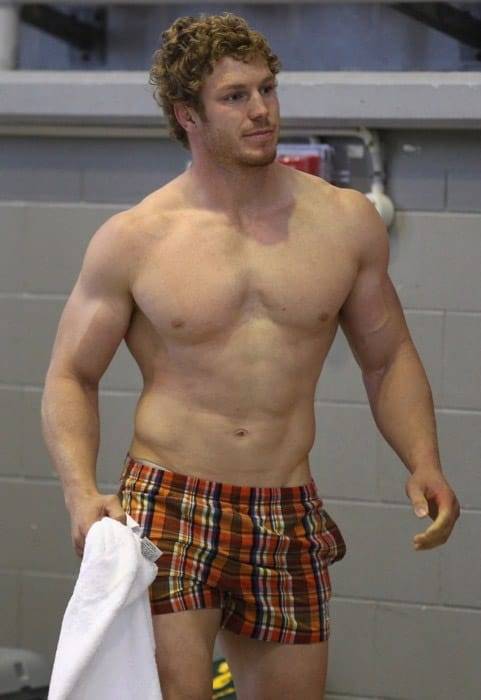

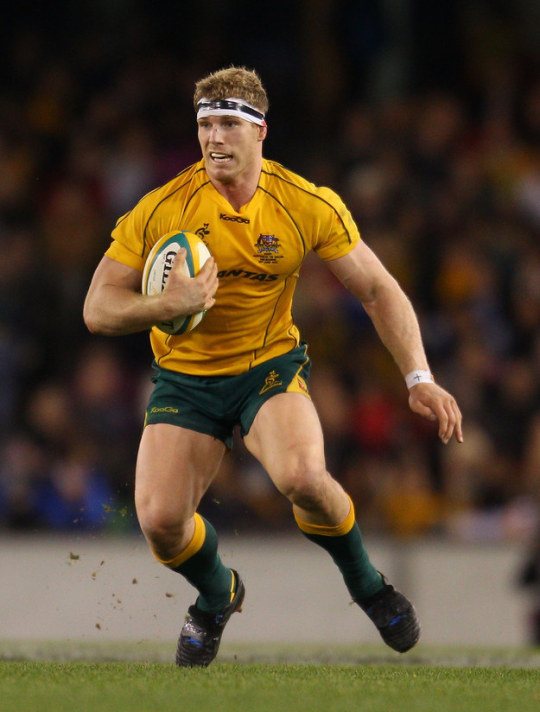
David Pocock. Just about to become an Australian senator - hopefully. He came out [no, he’s straight] in support of marriage equality in Australia before it was voted on and became law. He’s now just about to get elected. I’m a Labour/Labor man but I am glad to see he got in. Australia and Europe are leading the world on equality. What happened in the USA?
22 notes
·
View notes
Text
The campaign and (presumed) election of David Pocock into the senate is actually really interesting to me.
Like I don’t really know how to explain it, but this person who assumingly has more money than the average person and has notoriety from playing rugby for Australia having a smear campaign run not on the basis of them being “out of touch” with the people, but instead that he is too left winged/progressive in a city that has voted left for every election for the last two decades but who also feel disillusioned by Labor and to a lesser extent The Greens for getting complacent and not focused enough on people in the ways Pocock is claiming he will be is just hilarious but also interesting to me. Like so many people saw the Liberals attempts to smear this man and really said “Thank you for giving me all the reasons I should vote for him” to the point where he’s likely to make history by being the first non Labor or Liberal ACT senator, and even if he doesn’t, he’s made it a hell of a lot closer than anyone has ever been.
And like I know there is a lot to be said about the fact that his money and fame likely did play a big part in this win (in the same way a lot could be said about the endorsements of a lot of the new House of Representative independents) and how it’s crappy that it seems like the rich always have to open the door for the rest of us, and I won’t lie, that was a hesitation of me voting for him. But regardless of his background, I truly believe and hope that his presence in this election has changed ACT politics because he has shown us that it doesn’t need to be a two party race and that preferential voting (without which he wouldn’t win) matters, and I really hope that this is reflected in future both in ACT based independents having more of a chance in elections but also stopping the complacency of Labor, Liberals and the Greens in assuming that they’re guaranteed votes and spots in Parliament.
#auspol#aus pol#australian politics#politics#david pocock#like even if he wasn't my first choice i really hope he does well because he could really change our future politically#not only through his term but what it means in the bigger picture and that's so fascinating to me
10 notes
·
View notes
Text

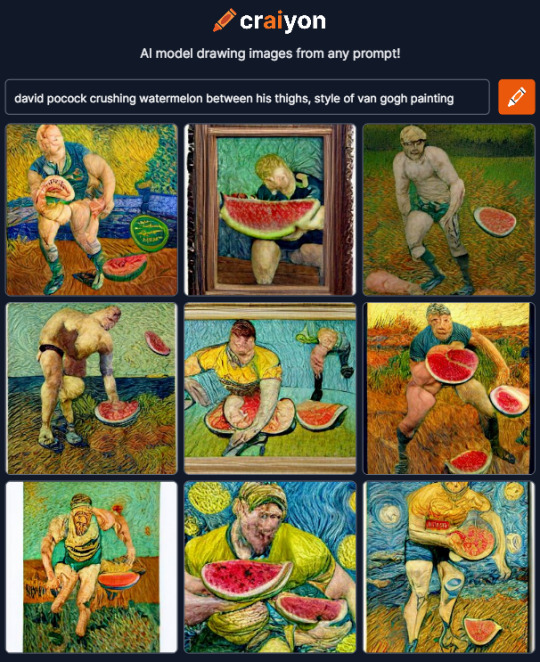
#david pocock#rugby player#senator#independent#watermelon#vincent van gogh#van gogh#ai art#craiyon#dall e
3 notes
·
View notes
Text
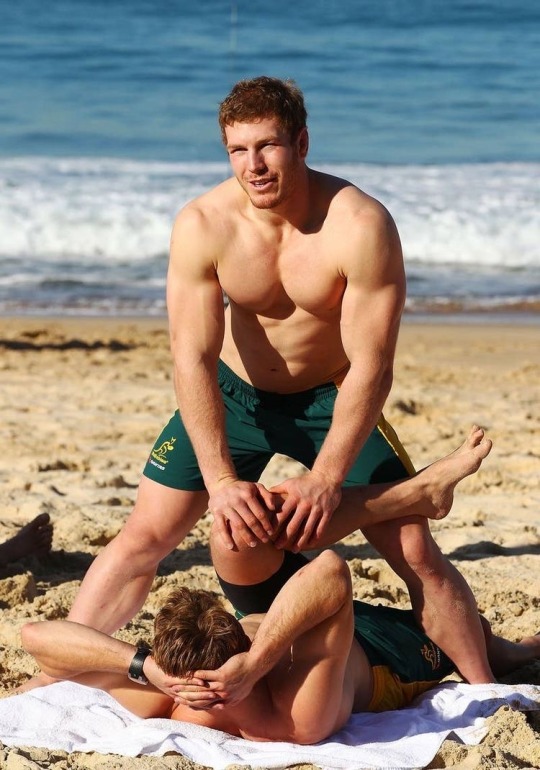
Let me loosen you up, bud.
#rugby#david pocock#sexy hunk#muscle stud#fit hunk#handsome hunk#abs & pecs#smooth torso#big arms#scruff
51 notes
·
View notes
Text
Blatantly Partisan Party Review XL (federal 2022): The “Teal” Independents
Running where: 6 out of 8 states and territories—not NT or QLD. Most are in specific lower house seats; see full list below.
Prior reviews: None, this is not a party
(This entry is a bit long. The first section covers the rise of the indies this past decade and what they stand for. If you are primarily interested in whether a teal is standing in your seat and a recommendation if so, scroll down to the candidate list and recommendation sections.)
Australia has seen a resurgence in independent politics the past decade. In 2010, the only indies in the House of Representatives were men who had been first elected to public office as Nationals MPs and since left the party. At that year’s election, Andrew Wilkie ran a successful independent campaign for the Division of Denison (now Clark): in a remarkable four-cornered contest, he came third on first preferences and won after the distribution of preferences. Next, in 2013, Cathy McGowan ran an impressive local campaign to unseat Sophie Mirabella, a terminally unpopular Liberal who had steadily turned one of the safest seats in the country into a loss. As a friend with relatives in Indi quipped to me, “every time Mirabella met a voter, she lost a vote”. McGowan in 2019 then successfully handed over to another local indie, Helen Haines, the current Member for Indi, while Zali Steggall defeated Tony Abbott in Warringah. Kerryn Phelps also briefly held Wentworth after winning as an independent at a 2018 by-election but she narrowly lost to Dave Sharma in 2019.
This election, independent campaigns have been especially well organised, receiving significant funds from clean energy activist Simon Holmes à Court’s organisation Climate 200. There are plenty of indies not funded by Climate 200, including a couple of competitive ones (e.g. Dai Le in Fowler, Rob Priestly in Nicholls), but by and large the indies getting attention are those with Climate 200 backing. These indies have become known as the “teal indies” for the colour many use in their branding or as the “climate indies” for their policy focus. Holmes à Court had formerly participated in Liberal Party fundraising activities for Josh Frydenberg, but was expelled after writing an opinion piece in support of closing the Liddell coal-fired power station. He promptly began supporting independent and minor-party candidates with more progressive climate agendas than Liberal MPs.
Because this is not a party as such, the teal indies are a diverse bunch. Some are running on distinctively local issues, and if you are in one of their electorates you probably know them and the issues much better than I do. I would largely define the teals as centre to centre-right. A few clearly lean left (e.g. David Pocock, Kim Rubenstein) while some belong to a lost generation of Liberals: professional women who two decades ago would have been moderate Liberal candidates, but who have been put off by the party’s notorious sexism problems and its inability or refusal to act on climate ()e.g. Allegra Spender, Sophie Scamps, Kate Chaney).
Three issues unite the teals. They want much stronger action on climate change, guided by scientific advice. They want integrity in politics—you can read this as a federal ICAC. And, as implied by the end of the last paragraph, they want gender equity. The specifics of exactly what sort of policies they support on climate, integrity, and gender vary between candidates and each campaign has been resolutely focused on their electorate’s expectations—and on tying incumbent Liberals to Scott Morrison and Barnaby Joyce, no matter how nice and moderate the local incumbent might be.
Climate 200 has contributed to twenty campaigns this election. Four are candidates from parties I have reviewed: Leanne Minshull of The Local Party (TAS Senate), David Pocock of his eponymous party (ACT Senate), Rebekah Sharkie of the Centre Alliance (Mayo), and Kim Rubenstein of Kim for Canberra (ACT Senate). Of those four, only Sharkie is the incumbent; the other three are challenging for Senate seats. Three more people in receipt of Climate 200 support are incumbent independents who are likely to be re-elected: Helen Haines (Indi), Zali Steggall (Warringah), and Andrew Wilkie (Clark).
The remaining thirteen are independents challenging sitting members for a seat in the House of Representatives. They are varying degrees of competitive. I think Zoe Daniel should win Goldstein over toxic cesspit of a person Tim Wilson, and Monique Ryan (Kooyong), Allegra Spender (Wentworth), and Kylea Tink (North Sydney) are all in strong positions too. I would suggest 2–3 of those four will unseat the incumbent. I am also tipping one other indie, not necessarily a teal, to unseat an incumbent somewhere in the country. There is buzz around Kate Chaney here in the west for Curtin, although I’m not yet persuaded it’s enough to get her over the line. I suspect David Pocock is going to fall just a few percent short of defeating Zed Seselja for the second ACT Senate seat.
The following are the candidates to whom Climate 200 has contributed funds. They are alphabetised by seat contested, which is named in brackets. In square brackets is party affiliation, if they have one. Italicised candidates are sitting incumbents.
ACT: David Pocock (Senate) [eponymous party]; Kim Rubenstein (Senate) [Kim for Canberra]
NSW: Nicolette Boele (Bradfield), Kate Hook (Calare), Caz Heise (Cowper), Georgia Steele (Hughes), Kylea Tink (North Sydney), Hanabeth Luke (Page), Zali Steggall (Warringah), Allegra Spender (Wentworth)
SA: Jo Dyer (Boothby), Rebekah Sharkie (Mayo) [Centre Alliance]
TAS: Andrew Wilkie (Clark), Leanne Minshull (Senate) [Local Party]
VIC: Claire Ferres Miles (Casey), Despi O’Connor (Flinders), Zoe Daniel (Goldstein), Helen Haines (Indi), Monique Ryan (Kooyong), Alex Dyson (Wannon)
WA: Kate Chaney (Curtin)
My recommendation: In all instances I recommend you preference a teal above a Liberal or National candidate and the various far-right crackpots (this favourable recommendation applies to Rob Priestly and Dai Le too). Just how strong a preference you give them will vary based on individual, but it will be generally a decent or good one—especially given how many dire candidates are on some ballots.
I want to go into more detail than I usually do in giving a recommendation, as there are strategic considerations to make in some cases. If your priority is unseating the sitting Liberal, you should ponder who is likely to end up second and third as preferences are distributed. If there are three candidates left in the count and none has 50% (or, in the Senate, none has reached a quota), the third one will be eliminated. and their preferences will decide which of the remaining two wins the seat. Where will their preferences go? If the third candidate is Labor or Green, the easy majority of their preferences will flow to the teal and might get them over the line if the margin is close enough. If the third candidate is a teal, however, some of their voters will likely break back to the Liberals to give the Lib the win ahead of Labor or the Greens.
This means that if your main goal is defeating a Liberal and the count is likely to end up a three-way contest between the Liberal, a teal, and a party candidate you might otherwise vote for, consider your vote very carefully. In such a situation, if you decide that Labor or Green (or another desirable candidate) is likely to finish in the top three but cannot defeat the incumbent Liberal on preferences, while the teal is also likely to finish in the top three and could defeat the incumbent Liberal on preferences, then you might wish to give the teal a better preference than Labor/Green/other-desirable-party. I do not normally recommend tactical voting, and our system is designed to avoid it, but in this case it’s relevant.
Website: https://www.climate200.com.au/candidates
#auspol#ausvotes#ausvotes22#ausvotes2022#Australian election#Australia#Election 2022#teal independents#teal indies#climate independents#climate indies#Climate 200#Simon Holmes à Court#independent politics#Centre Alliance#David Pocock#Kim for Canberra#Local Party#Monique Ryan#Zoe Daniel#Allegra Spender#Zali Steggall#Andrew Wilkie#Helen Haines#Cathy McGowan#Kylea Tink#Sophie Scamps#Kate Chaney#Rob Priestly#Dai Le
3 notes
·
View notes
Photo
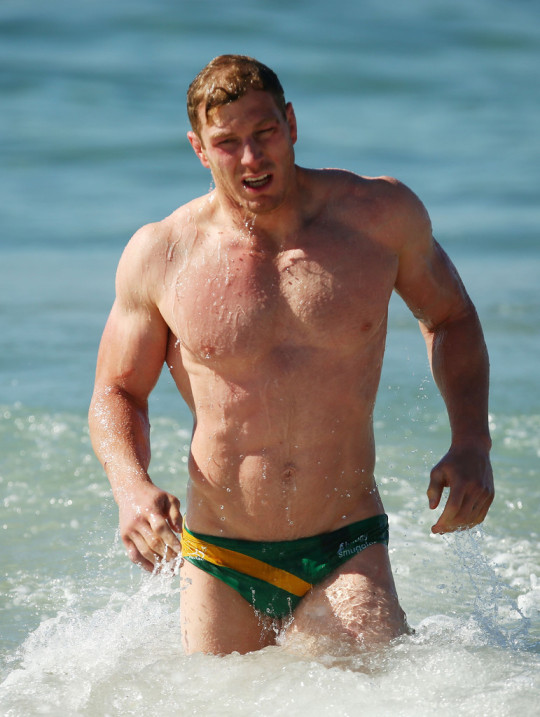
David Pocock
20 notes
·
View notes
Photo
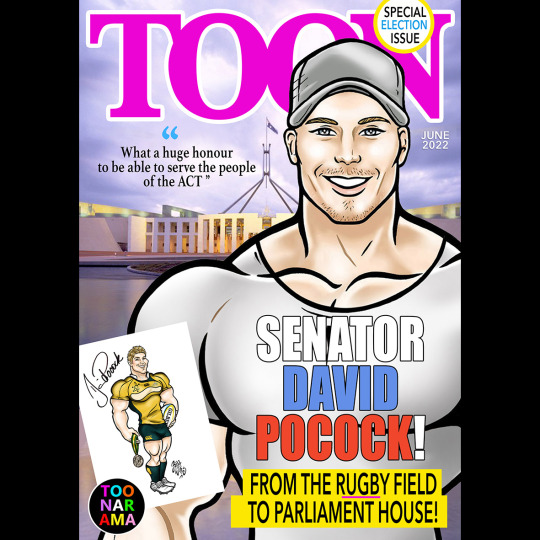
TOON MAGAZINE June 2022
Congratulations Senator DAVID POCOCK!
Former Rugby Union star elected to represent the ACT in the Federal Upper House
4 notes
·
View notes


